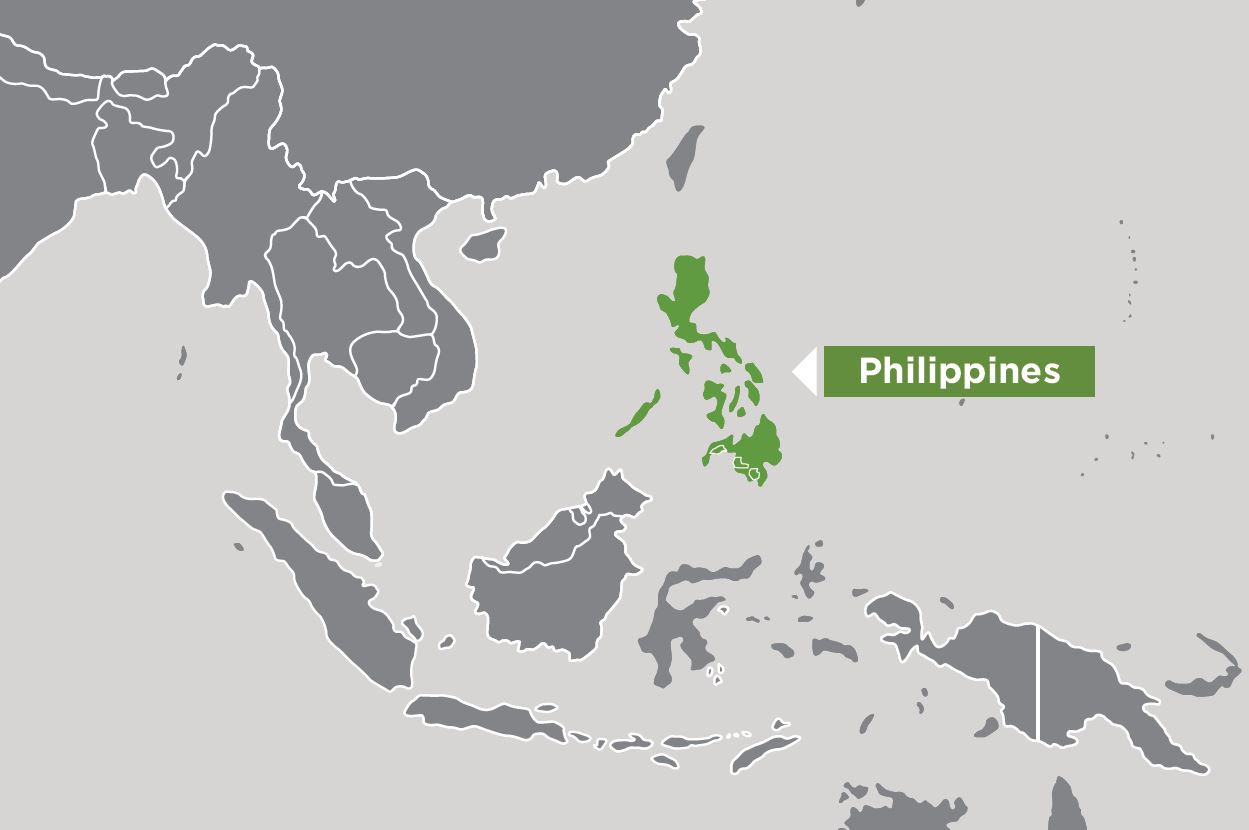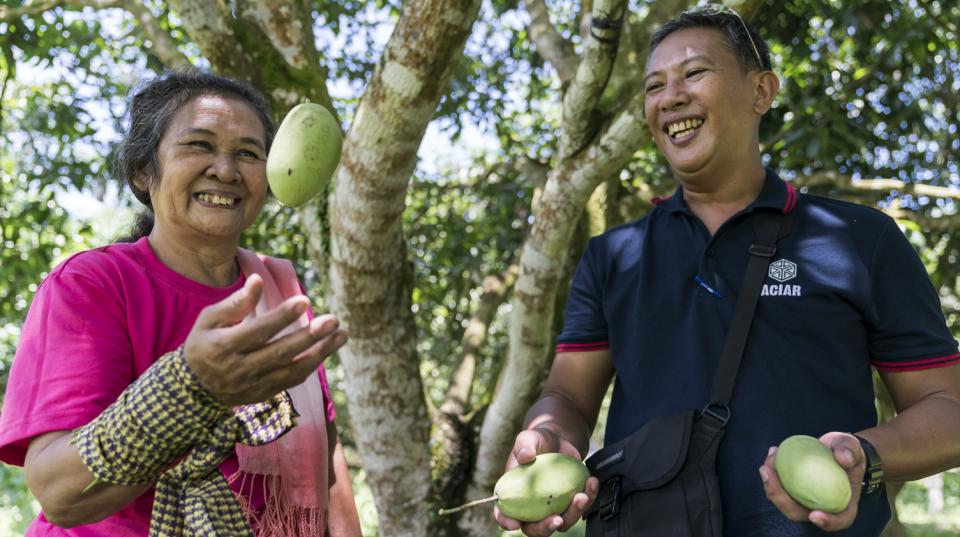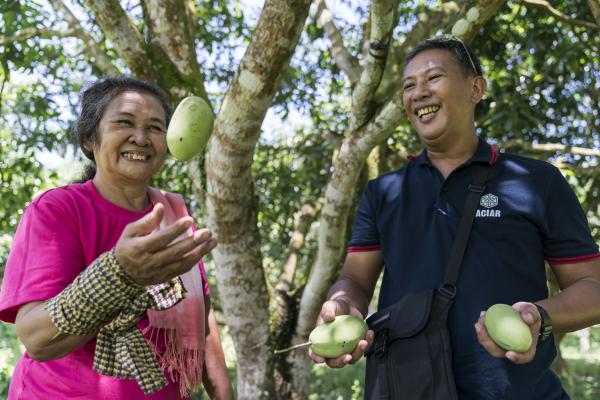Overview
This project is reducing postharvest product and quality losses, and developing physical facilities and research skills for postharvest advancement in the Southern Philippines.
Vegetable consumption in the Southern Philippines is very low, averaging less than 30kg annually and resulting in increased rates of heart disease, hypertension and diabetes.
While this low consumption is partly due to cultural preferences for meat and rice, price and availability are also significant barriers.
Fruit and vegetable prices are inflated by large losses through the supply chain – waste between harvest and retail is commonly 20-30%, while losses at retail could account for another 10-40% of total volume produced. Reduced waste would benefit farmers as well as consumers.
This project aimed to determine where and why postharvest loss occurs in selected supply chains; reduce losses and improve quality of fruit and vegetables through development of effective postharvest intervention strategies; develop active, profitable and sustainable linkages between farmers and retailers; and build postharvest research capacity in the Southern Philippines.
Project outcomes
- Increased purchase and consumption of fresh, healthy produce, due to increased availability and affordability.
- Increased economic returns to growers, wholesalers and retailers due to reduced postharvest wastage.
- Rapid return on investment in improved postharvest handling, through simple interventions that cost less to implement than the initial returns received.
- Increased farm productivity could potentially reduce the need for further land clearing.
- Project benefits extended beyond project participants through “train the trainer” activities.
- Opportunities for women to benefit from involvement in vegetable marketing opportunities, including development of new supply chains, training in new techniques and sharing of market information.







